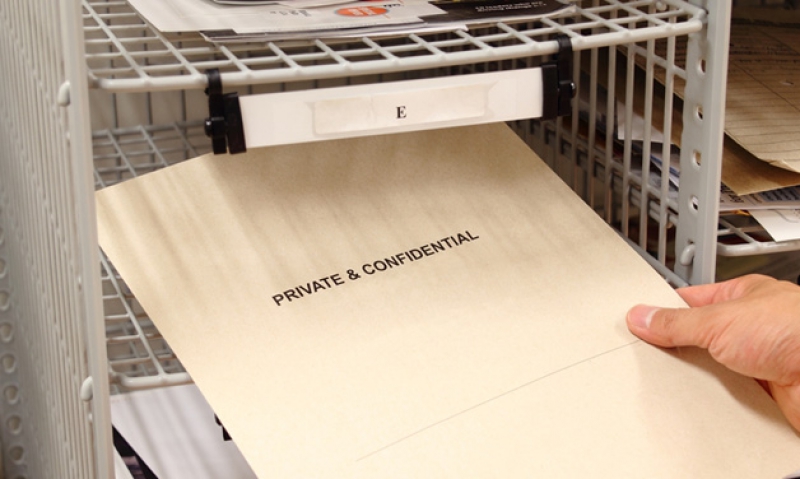
Clearance holders and reporting responsibilities
If you are entrusted with safeguarding classified material, you are expected to report potentially significant, factual information that comes to your attention that raises potential security concerns about a co-worker. You are also strongly encouraged to help co-workers who are having personal problems that may become a security issue if those problems are not addressed.
Presidential Executive Order 12968 on "Access to Classified Information" states: "Employees are encouraged and expected to report any information that raises doubts as to whether another employee’s continued eligibility for access to classified information is clearly consistent with the national security." It states further that the head of each agency that grants access to classified information shall establish a program to educate employees with access to classified information about their individual responsibilities under this order.
What and when to report is a question of ethics and good judgment in determining what is in the best interests of your country, your organization, and your colleagues. The rules on this are very general, as there can never be enough to cover all the potential situations you might encounter.
In considering your responsibility to report potentially significant, factual information about co-workers, think carefully about the following:
As Americans, we place a high value on our privacy. When we have to make intrusions upon another person’s privacy in the name of security, this must be clearly justified and implemented in a fair and consistent manner. It is important for you to report indicators of illegal, improper, unreliable, or suspicious behavior by a co-worker, because the amount of damage that can be done by a single insider – as in the case of Edward Snowden – has increased enormously with the growth of interconnected computer networks.
If you are a contractor, compromise of the advanced technology on which your company’s business is based will affect your company’s bottom line. This could cause you and your coworkers to lose your jobs or your next raise.
Your vigilance is the best single defense in protecting information, operations, facilities and people. Apathy, disbelief, or fear of what might happen if we become involved sometimes causes us to look away rather than confront troublesome behavior. But looking the other way from counterintelligence or security issues can pose a risk to a colleague’s well-being, as well as to your organization and the national security.
You are not expected to be an armchair security officer or psychologist, nor should you conduct your own investigation to verify or validate information. Your role is to be aware of potential issues and to exercise good judgment in determining what and when to report. The key is to intervene, when appropriate, in the interest of national security and your organization, and to protect a colleague from his or her own potentially self-destructive behavior.
Information should be reported to a person in your chain of command, to your security office or to a counterintelligence office. You may also report it anonymously by calling one of the hotlines that many organizations have set up for this purpose.
Article courtesy of Military.com
